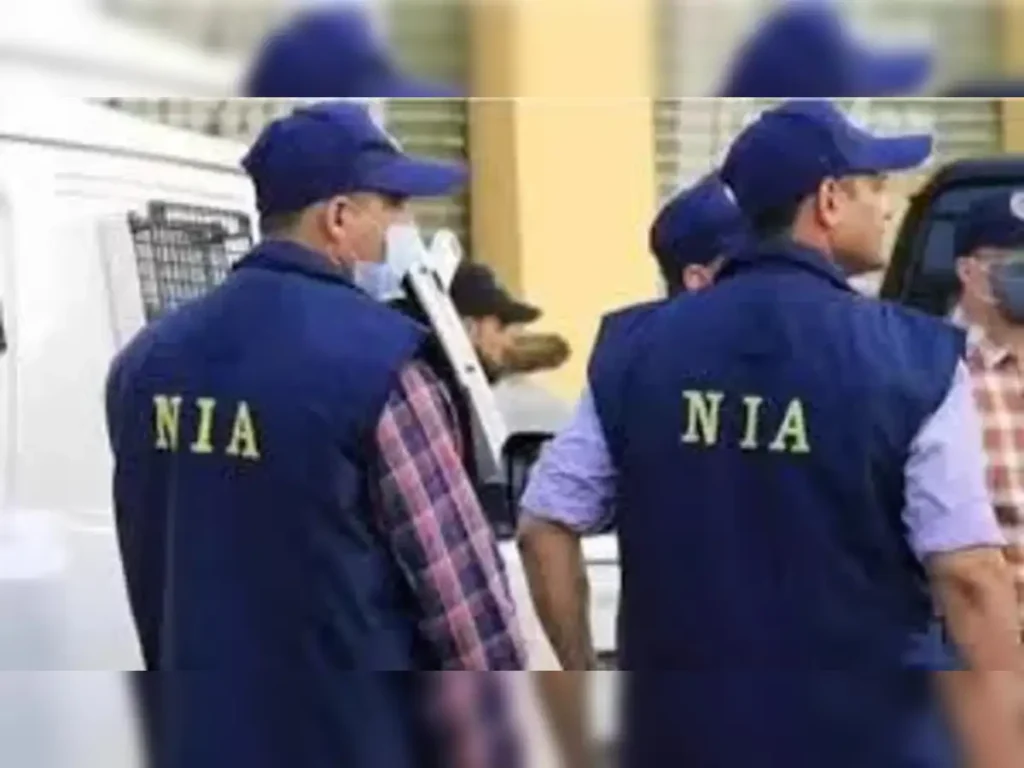In a dramatic development shaking national security circles, the National Investigation Agency (NIA) conducted raids at 15 locations across Kolkata in connection with a suspected espionage network involving a Central Reserve Police Force (CRPF) officer allegedly leaking sensitive information to Pakistan’s ISI. This high-profile investigation uncovers a potentially dangerous breach of national intelligence and highlights the growing threat of cyber-espionage in India’s defense framework.
Inside the NIA Raids: What Prompted the Crackdown?

The NIA launched the coordinated operation after gathering substantial evidence of sensitive data being passed from a serving CRPF officer to Pakistani handlers. The accused is believed to have communicated classified information via digital platforms, a violation that raises serious questions about internal security protocol.
According to officials, these raids spanned multiple districts in and around North and South Kolkata, targeting residences, mobile shops, and suspected digital nodes of communication. As per initial reports, several digital devices and documents were seized during the operation, and two individuals have been detained for questioning.
CRPF Officer’s Alleged Role and ISI Connection: A Deeper Look

Preliminary investigations reveal that the officer was in contact with foreign agents who allegedly posed as civilians on social media platforms. Through covert online interactions, the accused is believed to have shared operational deployment details, internal CRPF communications, and camp locations — potentially endangering Indian defense personnel.
The NIA suspects the involvement of a well-organized spy network operated by Pakistan’s Inter-Services Intelligence (ISI). The agency is also probing whether the accused received any monetary compensation in return for leaking information.
This case echoes earlier espionage incidents, raising alarm over the vulnerabilities in India’s paramilitary communication systems.
Security Implications and Political Reactions
This revelation has triggered strong reactions from both national security experts and political leaders. Several BJP spokespersons have called for stricter cyber hygiene practices across defense units and enhanced background verification protocols. Opposition parties, meanwhile, have demanded transparency and thorough accountability.
Intelligence officials suggest that such espionage operations might be part of a broader pattern aimed at destabilizing India’s security infrastructure from within. The NIA has hinted at more arrests in the coming days, indicating that this is only the tip of the iceberg.
Conclusion: Espionage in Uniform – A Wake-Up Call for India
The unfolding espionage case in Kolkata is not just a law enforcement issue — it’s a wake-up call for India’s internal security systems. The involvement of a CRPF officer in a possible ISI-backed spy network underlines the urgent need for upgrading cybersecurity, training, and vigilance within India’s paramilitary forces.
As the NIA digs deeper, it remains crucial for national institutions to bolster internal checks and ensure that no uniformed personnel becomes a conduit for the country’s adversaries.
🔍 Stay tuned with The Indian Chronicles for detailed coverage on national security and real-time updates on the NIA’s ongoing investigation.
👉 Like this article? Share it on social media, drop a comment below, or explore more defense news.









